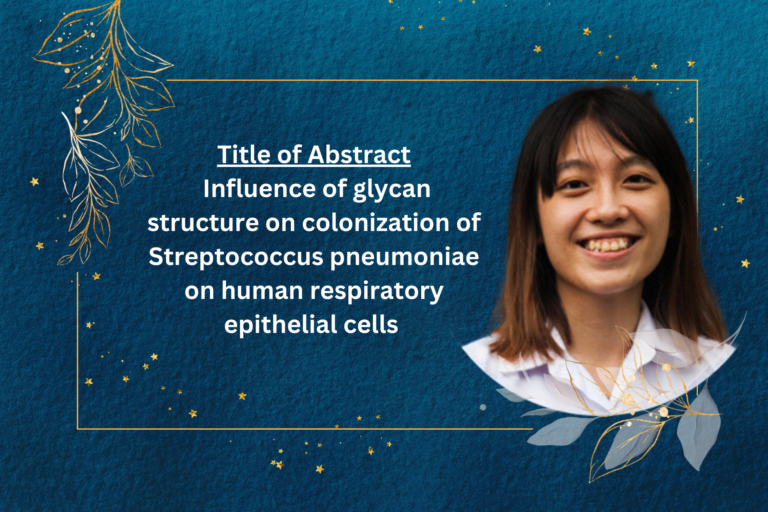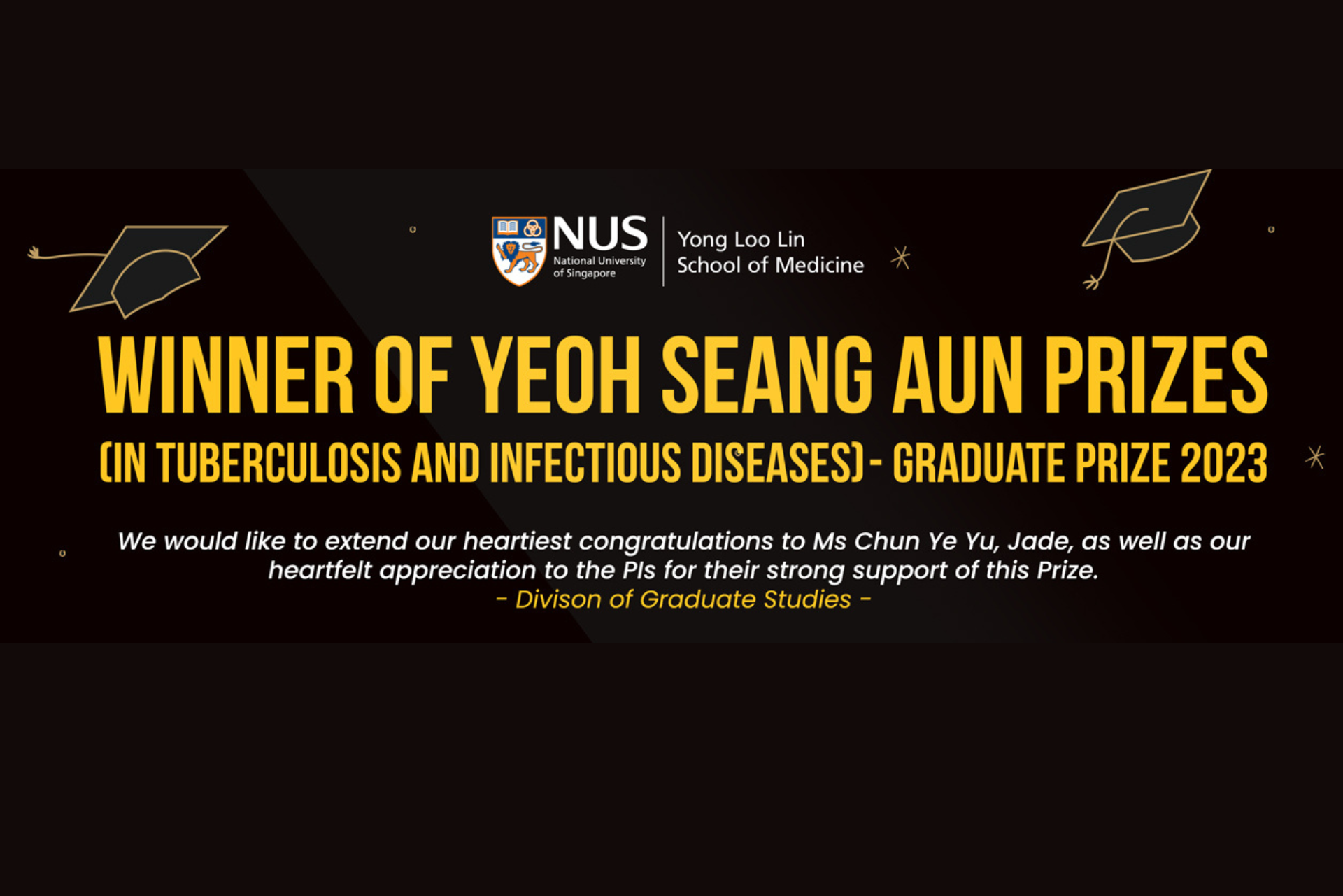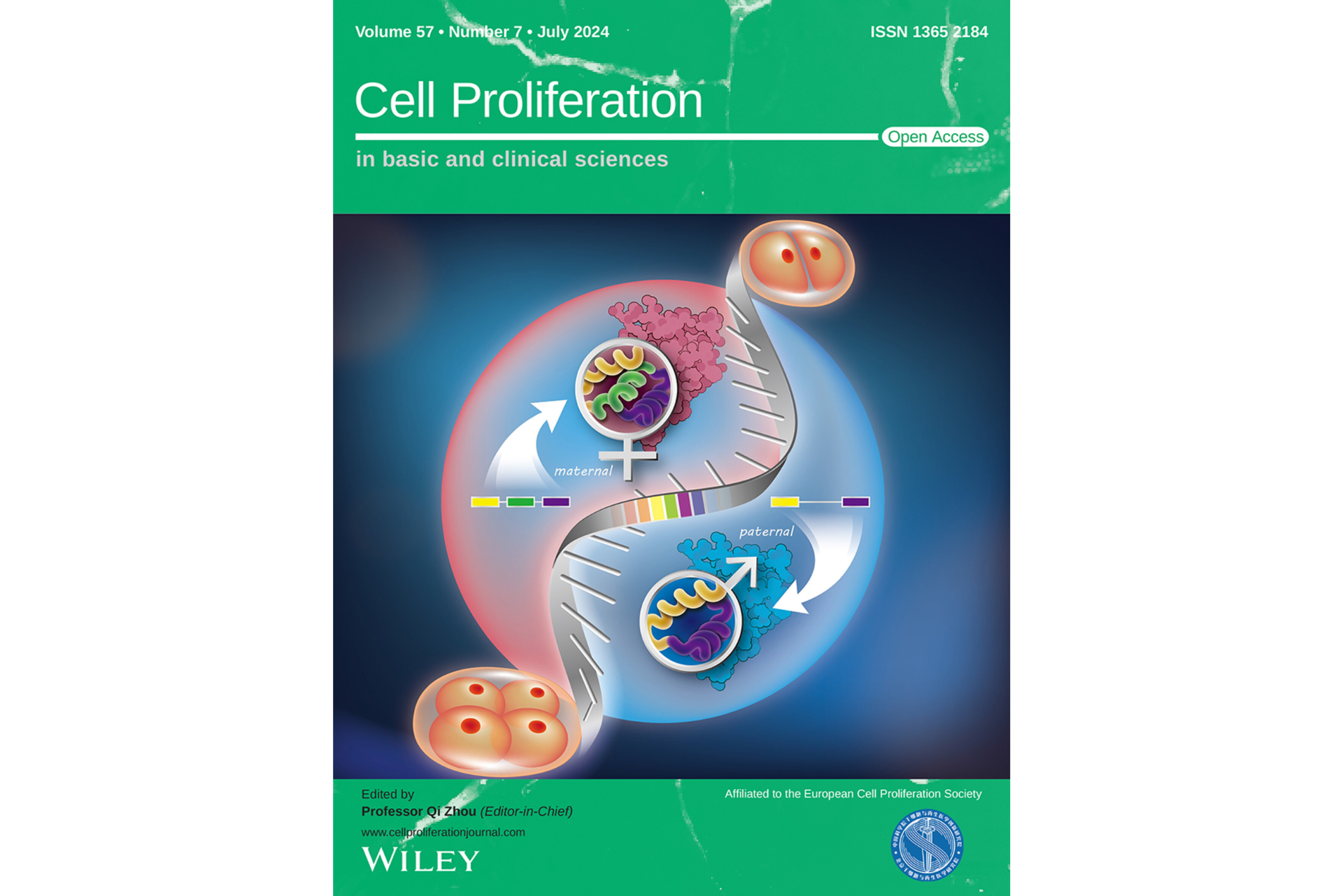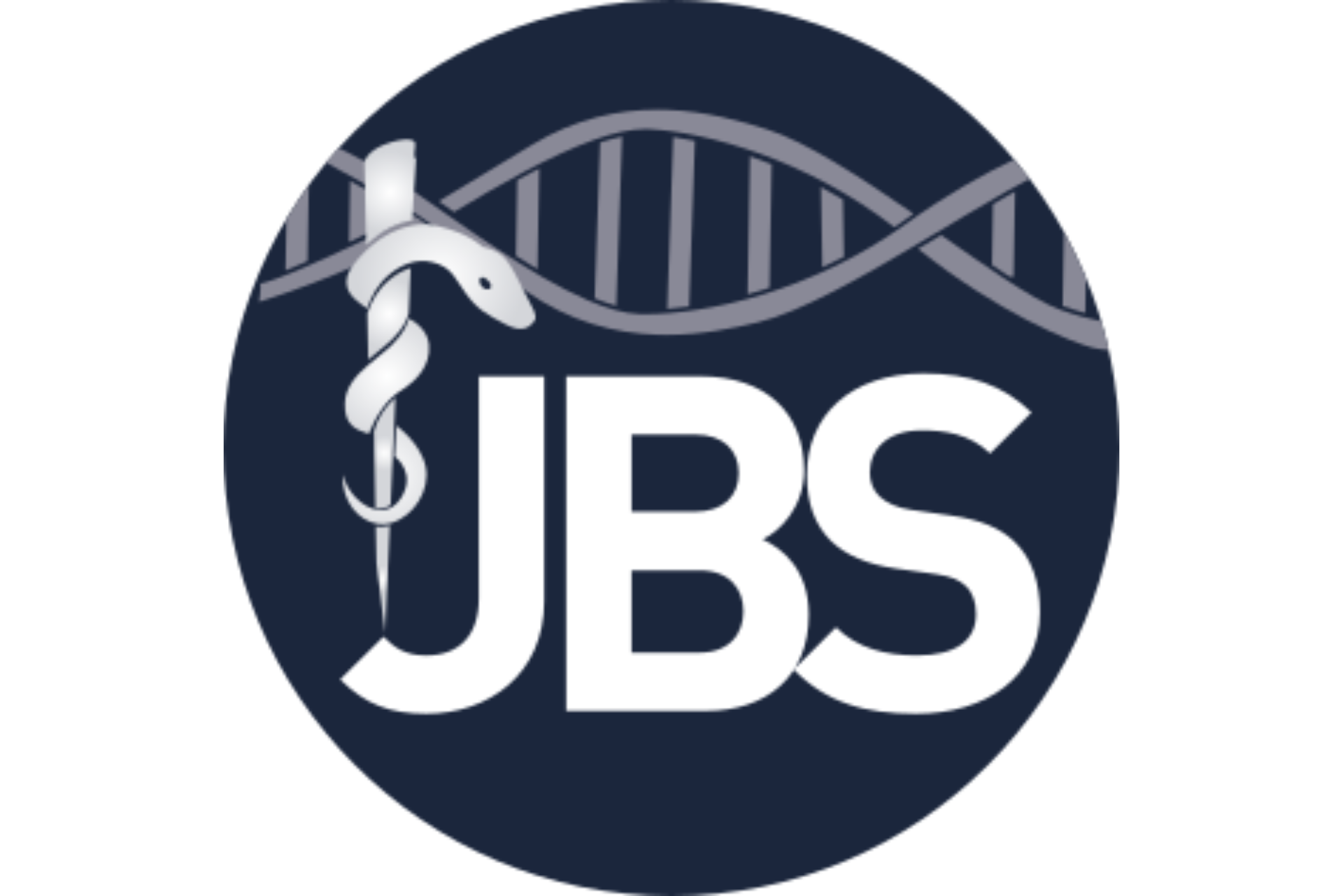Congratulations to Ms Chun Ye Yu, Jade (ID TRP Graduate Student) for being awarded the Yeoh Seang Aun Prize (In Tuberculosis and Infectious Diseases)!
Degree: PhD
Supervisor: Assistant Professor Dr. (Chris) Sham Lok-To
Co-supervisor: Associate Professor Sylvie Alonso
Background: Streptococcus pneumoniae, also known as the pneumococcus, is the primary bacterial cause of community-acquired pneumonia, resulting in nearly a million child deaths worldwide each year. One of the most well-established virulence factors of pneumococcus is the capsular polysaccharide (CPS), which provides protection to the bacteria against host immunity. Due to its clinical significance, CPS is the target for existing pneumococcal vaccines. Currently, approximately 100 types of CPS (serotypes) have been identified. Although epidemiological studies suggest that serotypes influence pneumococcal carriage, how the CPS composition and configuration impact colonization remains unclear. To address this question, we created isogenic capsule-switch mutants, each displaying one of the 84 capsule types, which cover the majority of known serotypes in S. pneumoniae. We then assessed the strains’ ability to bind to human nasal epithelial cells (hNECs) and bronchial epithelial cells (hBECs).
Results: Contrary to the prevailing paradigm, it was found that the surface charge of the strains does not significantly affect human epithelial cell binding. Interestingly, the presence of rhamnose sugar residues in the CPS resulted in poorer binding to epithelial cells, whereas motifs resembling human glycans led to stronger binding. Additionally, our research demonstrated that CPS reduces the release of cytokines and chemokines from hNECs. Collectively, these findings highlight the crucial role of CPS structural composition and configuration in determining the strength of attachment and survival of Streptococcus pneumoniae on the human airway.
Conclusion: Glycan motifs important for bacterial adhesion and survival on human airway epithelial cells were systematically identified using a large collection of capsule-switch mutants. This knowledge aids vaccine development and may help explain the usage bias of sugar residues in prokaryotic glycans.




